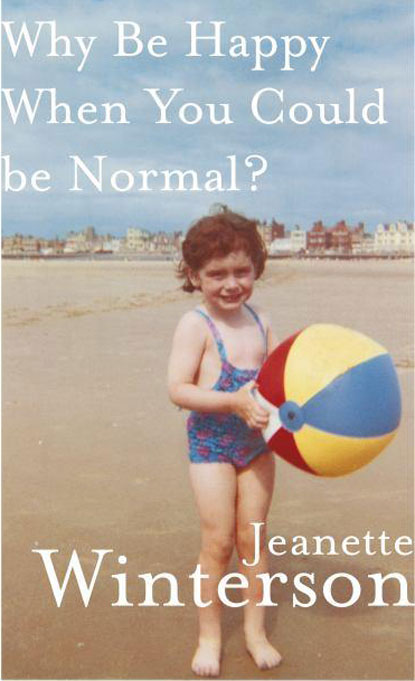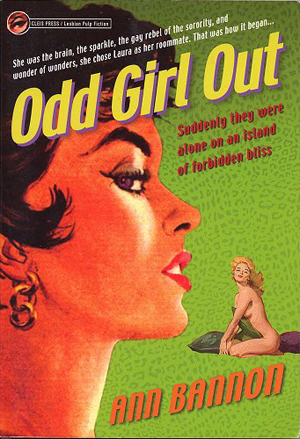The Advocate posted The Best Overlooked Books.
AfterEllen posted Across the Page.
Elisa posted
- Rainbow Awards: Cover Contest – Round 5
- LGBT Ebook and Print Releases November, 2011
- Jane Rule (March 28, 1931 – November 27, 2007)
- Rita Mae Brown (born November 28, 1944)
Gay League posted Gay Previews 1/2012.
Good Lesbian Books posted Transgender Young Adult Fiction (Also Genderqueer, Intersex, Cross- Dressing and So On) and Mystique: The Bisexual Shapeshifter.
I’m Here. I’m Queer. What the Hell Do I Read? posted You Can Change The World For The Better – Check out what 14 year old Amelia is doing!
Kicked Out Anthology posted Queer Teen Zines – a partnership with NYPL & QEJ.
Lambda Literary posted
- a mini link round up
- In the News: Saints and Sinners 9.5, Occupy Writers, and the Normal Life
- another mini link round up
- Queers Online: LGBT Digital Practices in Libraries, Archives, and Museums
LGBT Reading posted LGBT Reading Challenge 2012.
Naomi Clark, author of Dark Hunt (lesbian werewolf novel) was interviewed at Bibrary Book Lust.
Barbara Grier was written about at Gapers Block.
Clifford Henderson posted Three Novels Published: What Learned?
Bett Norris posted A Love Song.
Josh Seefried, author of Our Time: Breaking the Silence of Don’t Ask Don’t Tell is going to be doing a reading at NYPL on Dec 6.
Rachel Spangler posted Ptown: Day 4 and Guest Blogger: Ashley Bartlett.
Michelle Tea wrote Getting Pregnant with Michelle Tea.
GLBTQ Fiction Publishers was posted at Squidoo.
Lesbian Teen Provides Lifeline of Books to LGBT Youth was posted at Mombian.
Bulletproof Faith: A Spiritual Survival Guide for Gay and Lesbian Christians by Candace Chellew-Hodge was reviewed at Shelly’s LGBT Book Review Blog.
When We Were Outlaws: A Memoir of Love & Revolution by Jeanne Córdova was reviewed at Lambda Literary.
Redemption by DeJay was reviewed at The Rainbow Reader.
The Sealed Letter by Emma Donoghue was reviewed at gaelick.
Sovereign Erotics: A Collection of Two-Spirit Literature edited by Qwo-Li Driskill was reviewed at Bibrary Book Lust.
The Gunfighter and The Gear-Head by Cassandra Duffy was reviewed at Bibrary Book Lust.
Dreams & Swords by Katherine V Forrest was reviewed at Good Lesbian Books.
“O Captain, My Captain” by Katherine V Forrest was reviewed at Good Lesbian Books.
With Her Body by Nicola Griffith was reviewed at Good Lesbian Books.
Love Another Day by Regina Hanel was reviewed at Piercing Fiction.
A Grave Talent by Laurie R. King was reviewed at rsadelle.
A Woman Like That: Lesbian And Bisexual Writers Tell Their Coming Out Stories edited by Joan Larkin was reviewed at Shelly’s LGBT Book Review Blog.
Ash by Malinda Lo was reviewed at A Book Blog of One’s Own.
She-Cat by Natasza Luca was reviewed at Bibrary Book Lust.
grl2grl by Julie Anne Peters was reviewed at this fleeting dream.
Sing You Home by Jodi Picoult was reviewed at Shelly’s LGBT Book Review Blog.
Open Water by Pol Robinson was reviewed at Lambda Literary.
Boyfriends with Girlfriends by Alex Sanchez was reviewed at Lambda Literary.
Say Yes, Alice by Sidonie Spice was reviewed at Bibrary Book Lust.
Fingersmith by Sarah Waters was reviewed at tzulfia, Reflections on Pages, and aplaceformyextrawords.
Zipper Mouth by Laurie Weeks was reviewed at Lambda Literary.
Why Be Happy When You Could Be Normal? by Jeanette Winterson was reviewed at Telegraph (twice) and Bitch Media.

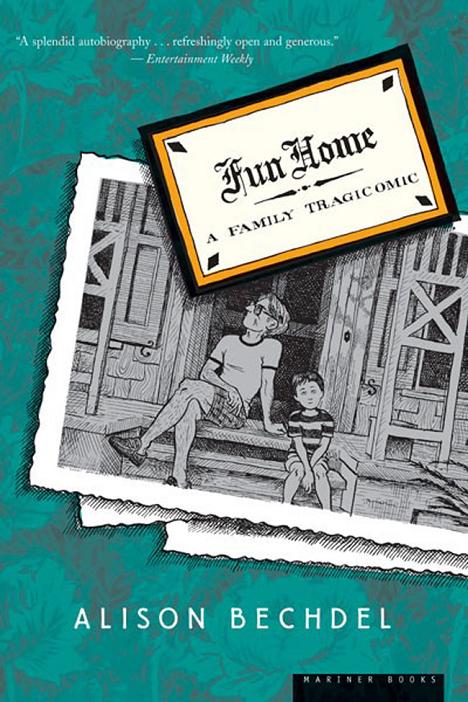
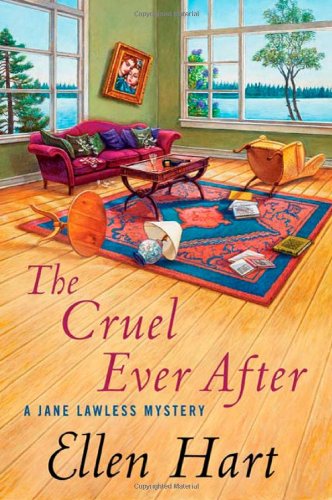


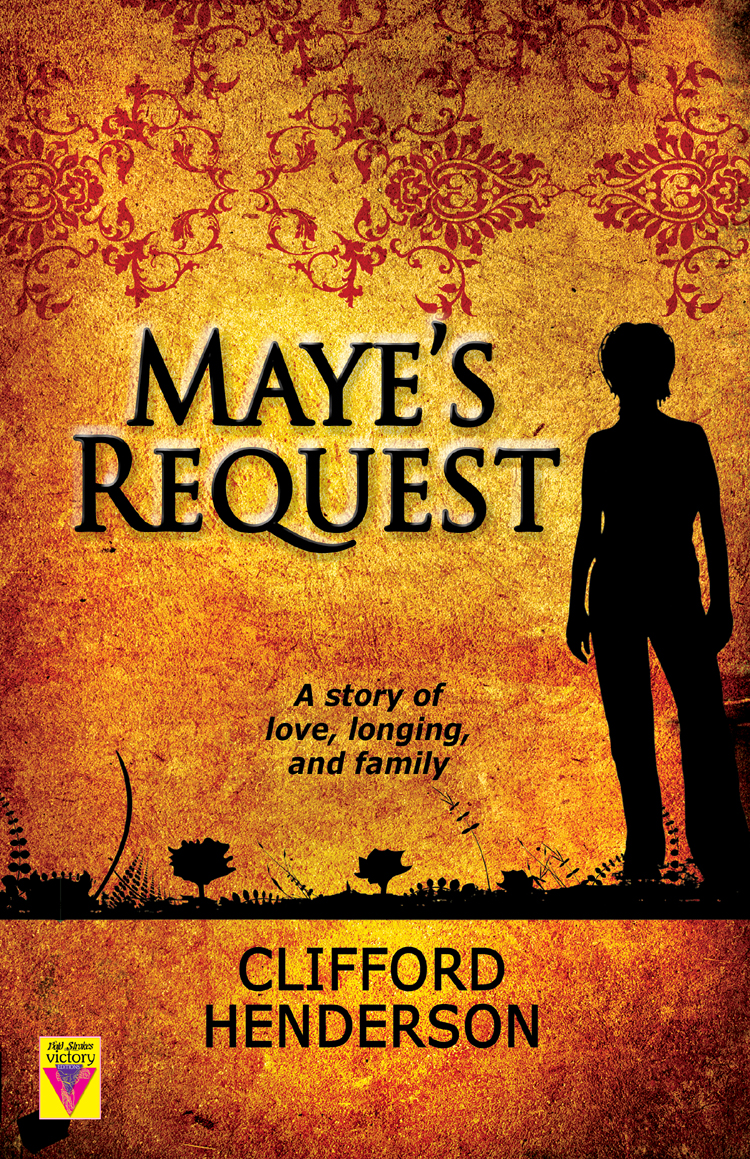
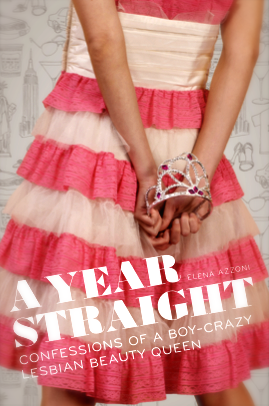
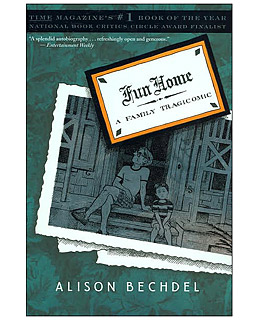
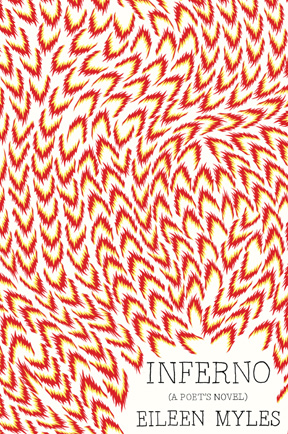
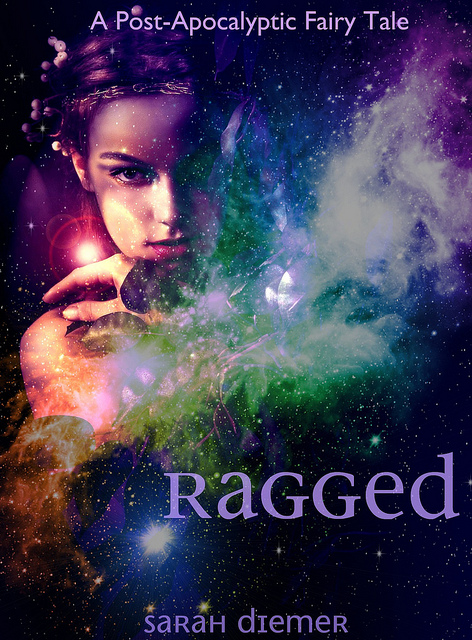
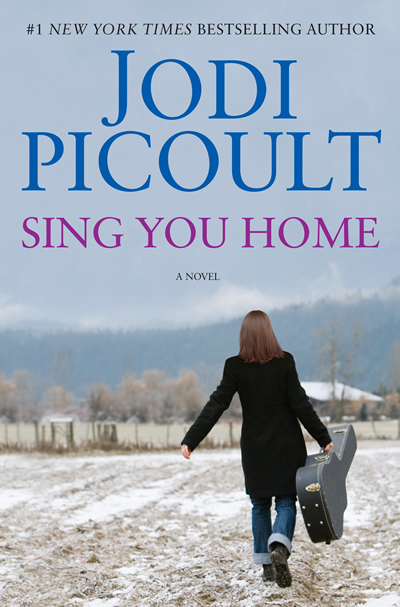 Jodi Picoult was interviewed about her lesbian book, Sing You Home.
Jodi Picoult was interviewed about her lesbian book, Sing You Home.